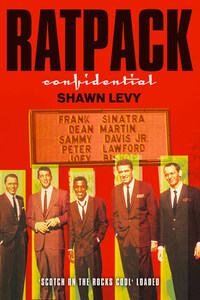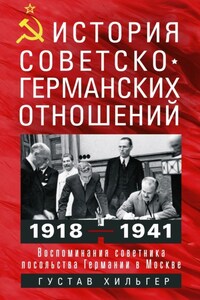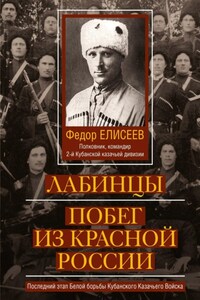This was Frankâs baby.
Onstage, Dean, singing almost straight, then pissing away anything like real feeling with jokes.
In the wings, Sammy, Peter, Joey.
Out front, a mob scene: Marilyn, Little Caesar, Kirk, Shirl, Mr. Benny, that Swedish kid that Sammy was so crazy for, that senator and his tubby kid brother, a few broads without addresses, a few guys without real names â¦
Famous faces at ringside for the cameras, infamous ones in the shadows in the back, plus a hundred or so civilians as bait for the rest of the worldâsuckers with money to blow and dames to blow it with them until it ran out.
In the casino, every schmuck that couldnât pay or beg or muscle his way in was betting his rent money just to feel as big as the ones who could.
The joint was packed; the rest of town might as well have been dark.
And for what?
A movie, a party, a floating crap game, a dayâs work, a hustle, a joke: Theyâd make millions and all they had to do was show up, have a good time, pretend to give a damn, and, almost as an afterthought, sing.
Sometimes it seemed like Dean had the right idea: âYou wanna hear the whole song, buy the record â¦â
But there was something in the music, wasnât there? With the right band and the right number, it was like flyingâand like you could drag everybody up there with you.
So let Dean do jokes, and SammyâSammy would start numbers and theyâd stomp all over them and heâd like it.
But when Frank sang, it would be straight. It could be New Yearâs Eve, the very stroke of midnight, the middle of Times Square, and he would stop time, stop their hearts beating, and remind them where the power was.
It was in his voice.
It was his.
When they finally had enough and dropped the curtain, they would wander out into the casino.
Some actâd be up there on the little stage in the lounge, and maybe theyâd go over and screw around; Sammy liked that the bestâmore eyes on him, always more eyes.
What Dean and Frank liked was dealing. They had points in the joint, and who was gonna stop them from horsing around at a table: It was their money, right?
Dean actually knew what he was doing. Heâd push aside a blackjack dealer and do a little fancy shuffling and start dealing around the layout: his rules.
âYou got five? You hold. Thatâs a winner.
âNineteen? Hit. Twenty-six? Another winner.â
Heâd shovel out chips and make sure that everyone took care of the real dealer, whoâd stand there looking nervous over at big Carl Cohen, the casino manager, who normally didnât go for clowning.
But Carl would be quiet. Heâd lose a couple hundred during this monkey show, sure, but heâd get it all back and more: There were crowds five or ten deep just waiting to get at the tables. Besides, Dean was like family; heâd worked sneak joints back in Ohio before the war with Carlâs kid brother. The big guy could afford to be a little bit indulgent.
Which wasnât the case with Lewis Milestone, the poor director saddled with making a movie in the middle of it. Every morning he came to work in an amusement park that his boss owned and woke his boss up and tried to get him to jump through hoops for a few hours, and you had to look deep into his dark old eyes to see what he really thought about it.
This movie wasnât some work of art, this wasnât All Quiet on the Western Front with poetic butterflies and mud and a moral. This was a sure thing, a money machine, a way to bring the party to the people who could only read about it in the papers. Hell, the only reason they hired him in the first place was that Jack Warner insisted on a pro and Peter guaranteed that the old guyâwho was making Lassie shows, for chrissakesâwould do whatever they told him.
But, still, they didnât want to make a career out of it. So come the morning, they let Millie run them around in circles for a little bit, even if they hadnât gone to sleep yet on account of last night was, as they liked to say, a gasser.








